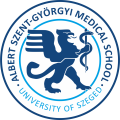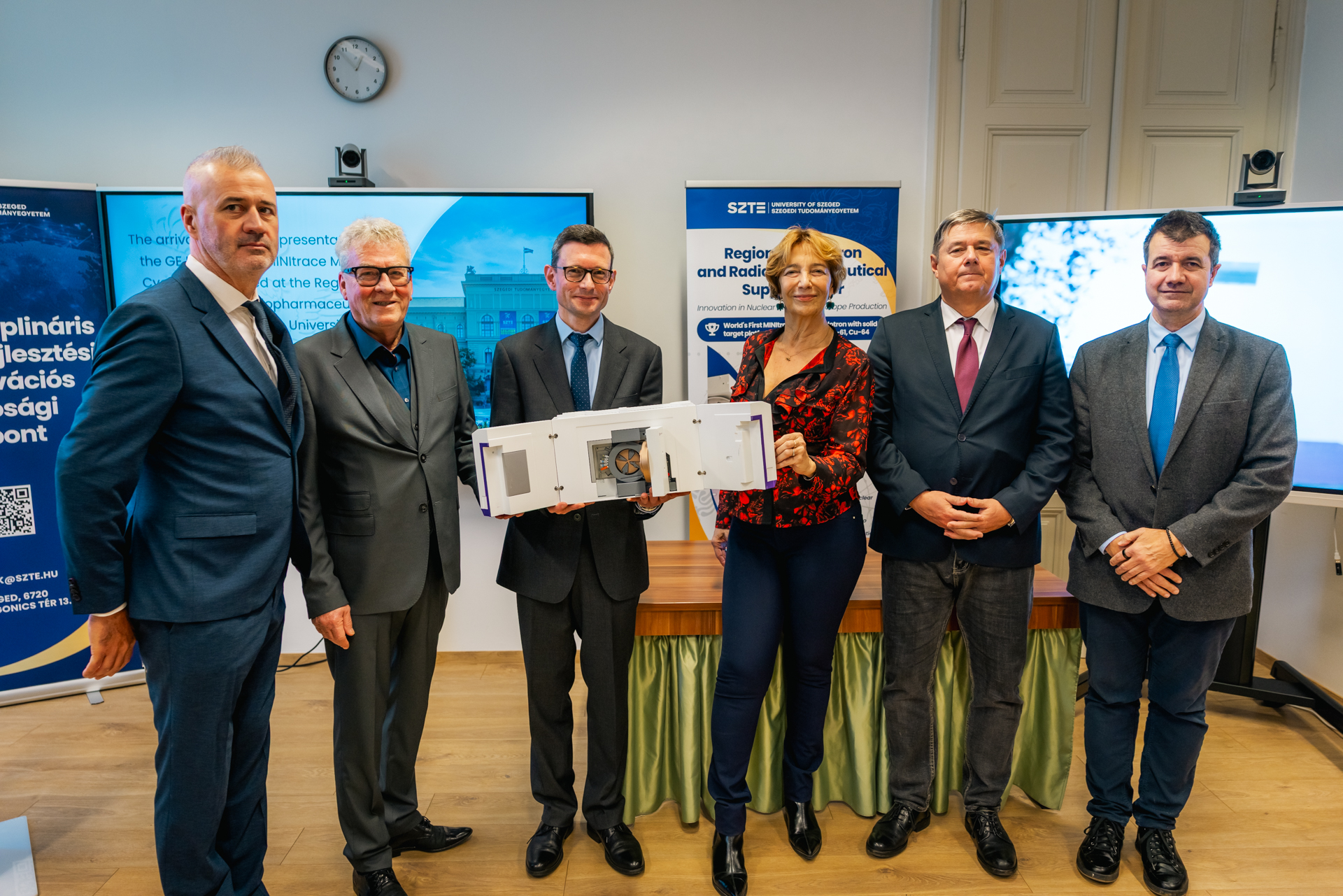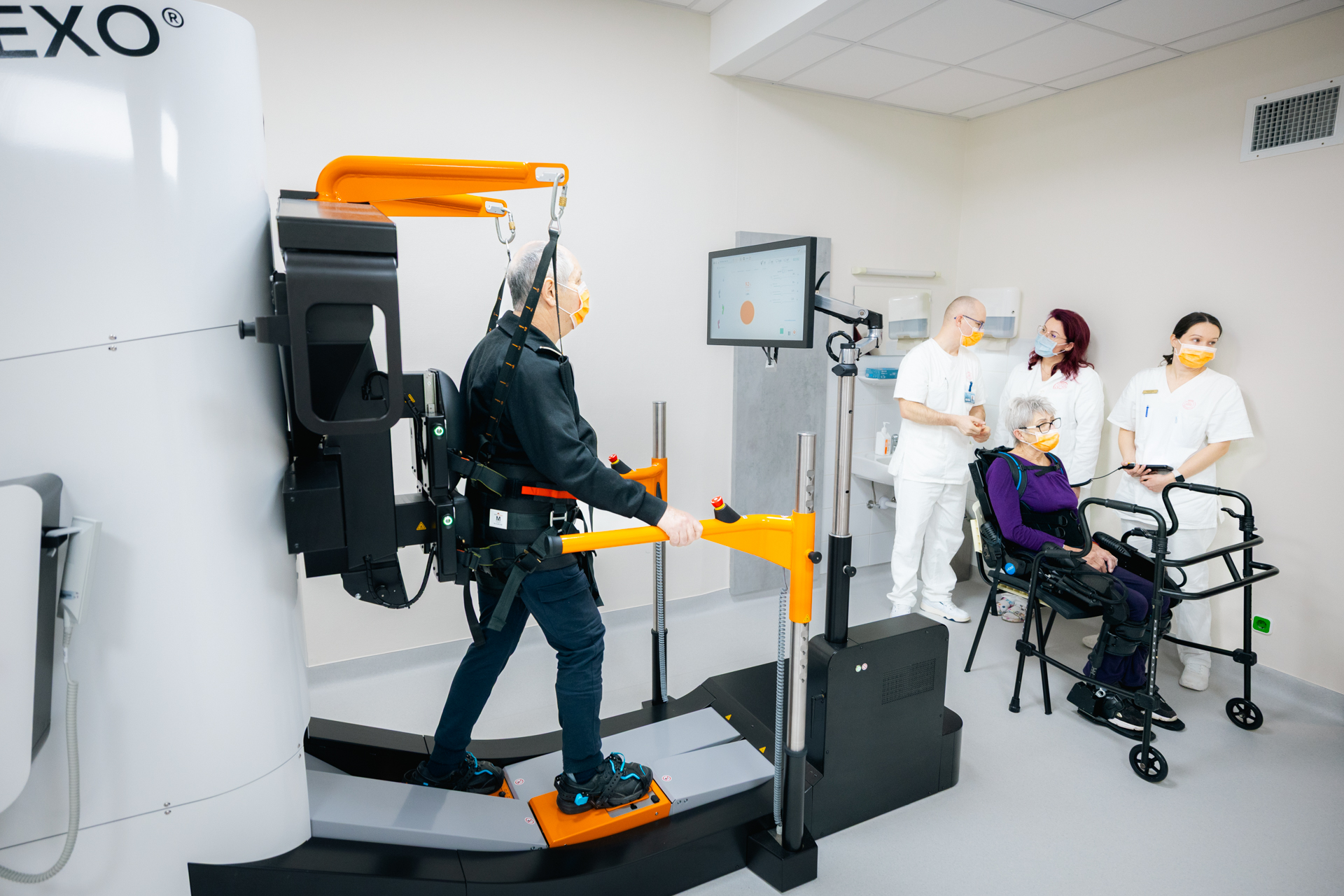University of Szeged
Albert Szent-Györgyi Medical School
Foreign Students' Secretariat
Your Education. Our Mission.
Ranked Course Registration
In regards to ranked course registration, the date of application does not play any role in the ranking. The point of ranked course registration is that students are given a score based on their grade point average of their previous semester and on their extra points, such as how close they are to graduation, how many times they have taken a course, whether they have reviewed the work of their tutors, and whether they have taken SZTE bonus courses. This score is public, so all students can see where they are in the queue for a particular course and whether they have a chance of getting in.
After having registered for a course, every student receives a score, which will serve as the basis of the ranking hierarchy. The applicants will have access to their own scores and will receive up-to-the-minute information as to the minimum score required to be admitted to the course. The minimum score means that the algorithm ranks student scores in a descending order — from highest to lowest. If there are students with identical scores, e.g., there are 10 students with the same score and there are only 5 places left, then their admission to the course is not yet certain. Students can continually register for courses announced during the ranked course registration period, so they are urged to keep checking the increasing number of courses on offer.






